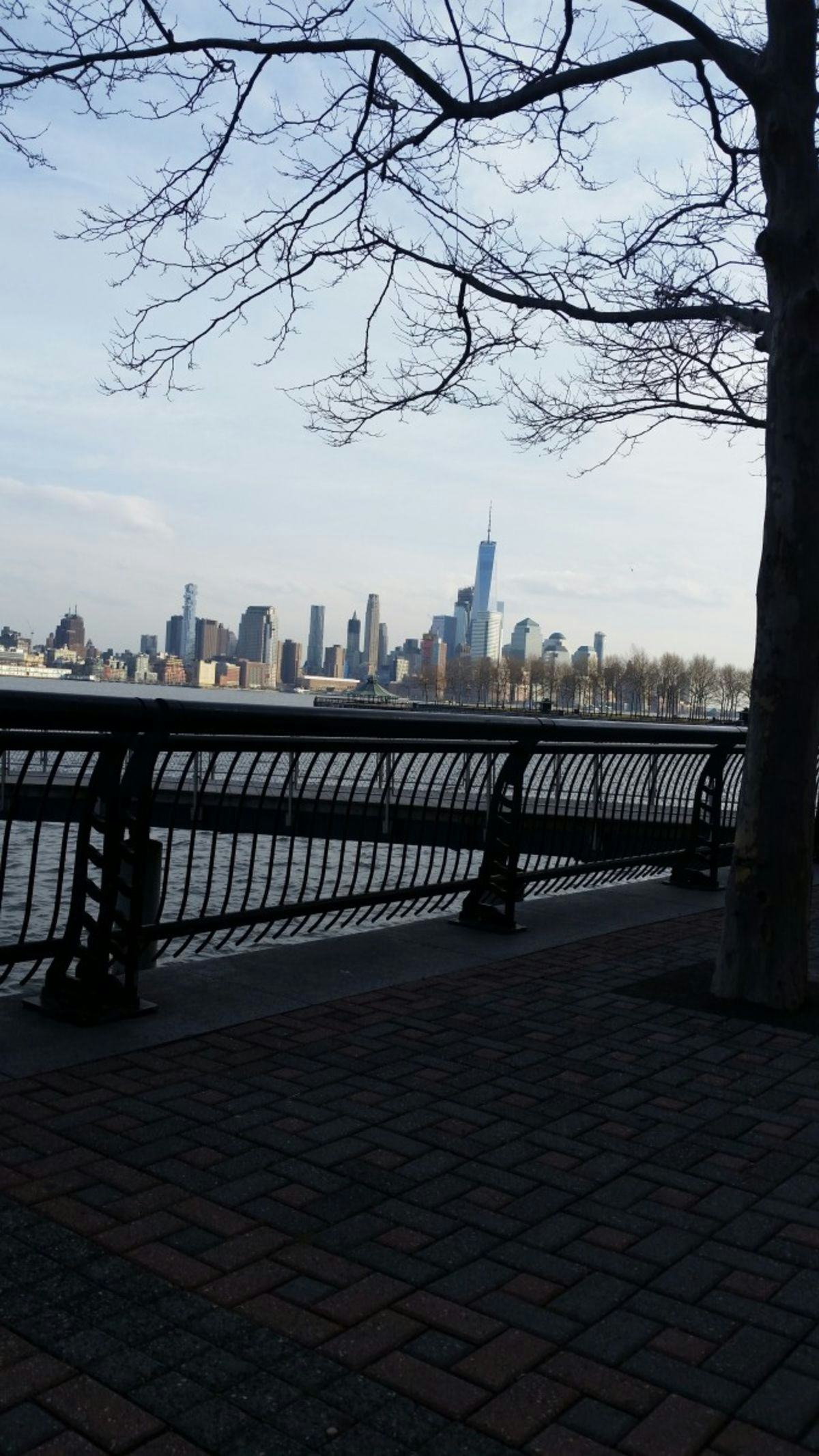Hoboken 2017 Workshop Kicks Off International Collaboration on Urban Resilience Research
2nd Annual Urban Resilience Program participants will research water management, governance and resilience under the supervision of Stevens research faculty
The New York City skyline and views of the Hudson River are breathtaking from the hill on the campus of Stevens Institute of Technology in Hoboken, as well as other vantage points such as the Lawrence T. Babbio, Jr. Center, the home of the Stevens School of Systems and Enterprises (SSE).
“You can imagine that even just the pictures left my vagabond shoes longing to stray,” said Denise Op den Kamp, a student from the University of Twente (UT) in Enschede, Netherlands. Op den Kamp, and fellow students, Robin Noordhoek, Martijn Kriebel, Timo Hartmann, Leonie Staas and Suzan Sidal, will get a first-hand view of these panoramas when they arrive at the Stevens campus in May 2017 to research water management, governance and resilience in and around NYC.
Recently, the Hoboken 2017 workshop kicked off a two-month project which is part of the 2nd Annual Urban Resilience Program, an international collaborative research and education program established between SSE and UT in November 2015.
During the workshop, SSE Professors Jose Emmanuel Ramirez-Marquez and Gregg Vesonder provided key insights into the environment in which these students will do their research at Stevens. The workshop took place on the UT campus in the Netherlands.
International collaboration is vital to resilience research
“This collaboration between Stevens and Twente is indicative of the global challenges we face in regards to urban resilience, and the importance of data collection and analysis for proper scientific research,” says Dr. Vesonder. As part of his discussion, Dr. Vesonder shared insights from “Smart City Hoboken,” including how he was able to obtain data via the use of sensors throughout Hoboken.
UT student Martijn Kriebel enjoyed the workshop. “I liked the innovative ways in which Dr. Vesonder obtained data, and the way in which he basically transformed Hoboken into his own experimental lab with his sensors,” he says.
Professor Ramirez-Marquez affirms the urgency of collaborative urban resiliency research. “The challenges faced in global society are often interlinked across international borders,” he says. “With greater access to international research collaboration on the topic of urban resilience and data visualization methods, we can broaden idea sharing and arrive at transformative solutions.”
In his presentation, Dr. Ramirez-Marquez discussed the importance of visualizing data for decision-making in regards to water management, governance and resilience research.
In broadening the students’ knowledge of the themes and the environment in around Hoboken and NYC, the Hoboken 2017 workshop prepared them to take the initial steps in developing actions plans while they work on the cases on the UT campus in the Netherlands.
In May, these students will continue their research on the Stevens campus in Hoboken under the supervision of SSE research faculty, as well as the University of Twente researchers.
“I think a very interesting aspect of the collaboration is that Hoboken and the Netherlands, to some extent, are dealing with the same problems, but in a different context," says Robin Noordhoek.
Denise Op den Kamp agrees. “Having my roots in a country where water management is very important and necessary, it is interesting to see how water management is dealt with in other countries,” she says “Hoboken is a perfect case-study for such research as it is a vibrant and willing community which shares our Dutch concerns about water management.”
Urban resilience research spans across borders, as well as multiple domains. “By researching water management, governance and resilience, I hope to gain insights from scientific fields completely different to mine,” says Leonie Staas.
By looking into water management, governance and resilience in and around NYC during their two-month long visit to the Stevens campus, these students will learn about the influences and resilience of cities, and how it impacts the everyday life of citizens.



